A permanent retainer is a metal wire that attaches to your teeth to create permanent or fixed retainers. This wire is usually smooth and solid sometimes. It has a braided texture. It is linked to your teeth and adjusted to your bite to keep them from shifting or becoming crooked.
If you’re having trouble sticking to your orthodontist’s detachable retainer requirements, they may recommend a permanent retainer. However, the bonding substance needs a particular tooth surface area to secure the retainer.
For the best long-term outcomes, orthodontists frequently utilize a combination of removable and permanent retainers.
Removable retainers are normally on the top teeth, and permanent retainers are typically used on the lower teeth, but your dentist will determine the optimum retainer for your teeth.
Let’s look at how permanent retainers function, how they compare to other types of retainers, and how to clean and care for them so you can maintain your best smile.
Who Is a Good Candidate For a Permanent Retainer?
A permanent retainer is ideal for someone who worries about remembering to wear and adjust their retainer daily. It’s hidden inside, so it’s pretty much unnoticeable. It stays put, and you can clean it with brushing and flossing.
What’s The Difference Between Permanent & Removable Retainers?
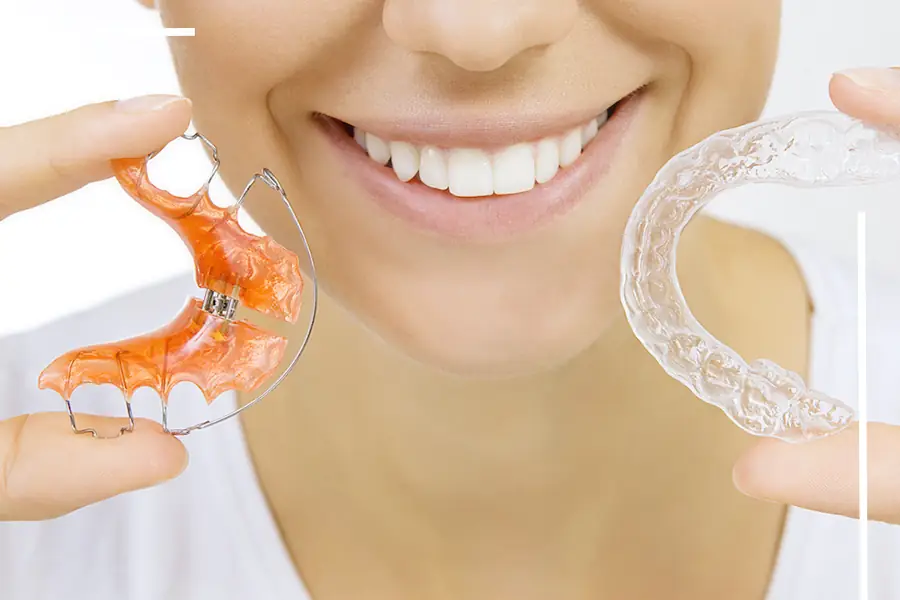
Advantages of permanent retainers
Advantages of removable retainers
If you think it will be difficult to use a retainer for comfort or cosmetic reasons, a permanent retainer may seem like a terrific option to the one you have to put on or take off all the time. Both retainer types, however, offer advantages and disadvantages.
Disadvantages of Permanent Retainers
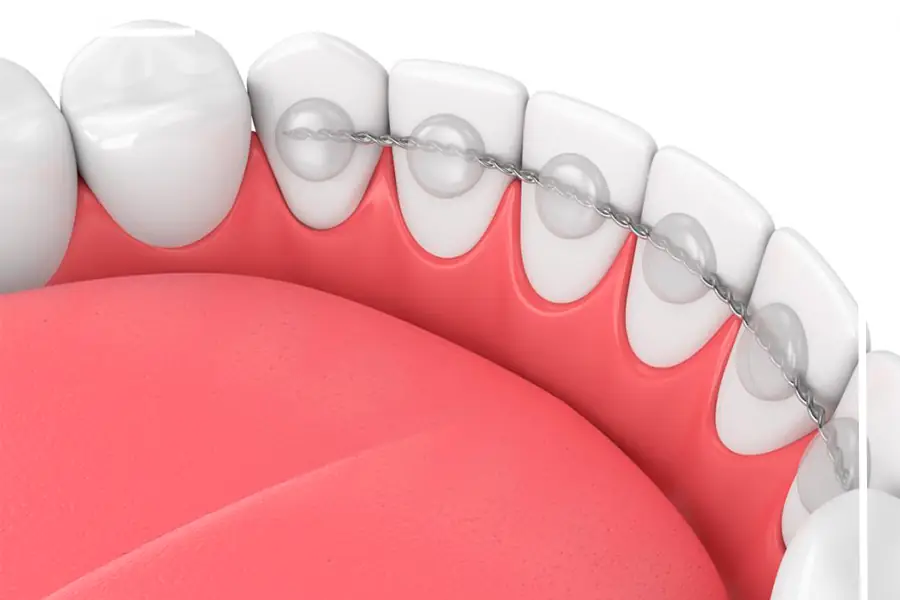
Here are some important things to have in mind when it comes to permanent retainers, as well as some potential drawbacks to have in mind:
- Attaching a permanent retainer can be a time-consuming procedure. Bonding a retainer to your teeth can take up to an hour. For a removable retainer, you must take a short imprint that an orthodontist can use to create one that fits your mouth perfectly.
- Brushing and flossing around a permanent retainer takes a little more time and effort. If you don’t take the time to properly clean around your permanent retainer, you risk developing cavities and gum disease.
- The wire may irritate your tongue. Your tongue may get inflamed or scraped if the bond or wire breaks.
- Biting into hard foods, such as an apple whole or a rough steak, can cause the wire to bend out of shape. Foods heavy in artificial sugars, like soda, can wear away the bonding substance, causing the retainer to weaken its grip on the teeth.
- The wire may break or debond, necessitating repair or replacement. You may have to pay a replacement charge to create a new one.
What If Your Permanent Retainer Breaks?
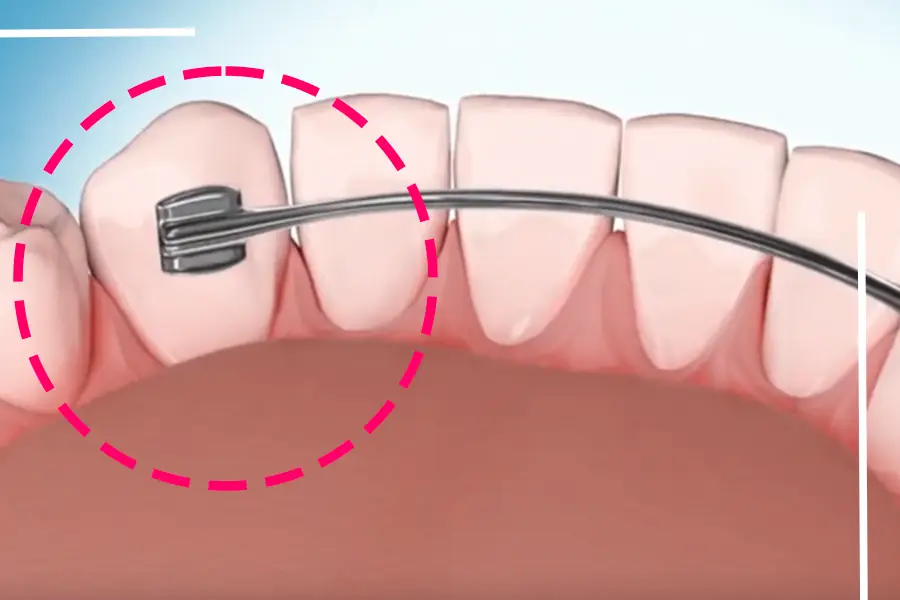
What happens when all of a sudden, your retainer breaks? The solution’s pretty straightforward. You should seek treatment from Orthodontic Experts as soon as possible.
You will most likely have the option of having it removed and replaced or getting a removable one, so your permanent one does not break again.
If your retainer is broken in any manner, you should evaluate the damage right away. If a wire has become loose or is jutting out and causing pain and discomfort, you should see Orthodontic Experts to get it repaired.
Because wearing a permanent retainer is similar to braces, avoid hard, sticky, or gummy foods. You don’t want your bonded retainer to fall out any further than it has already.
If your retainer cuts your tongue or the inside of your cheek, rinse your mouth with warm salt water to avoid infection and aid healing.
If you wish to schedule an appointment with one of our dentists, please don’t hesitate and start the journey for a healthy smile!
Or Visit our Website for more information about us.
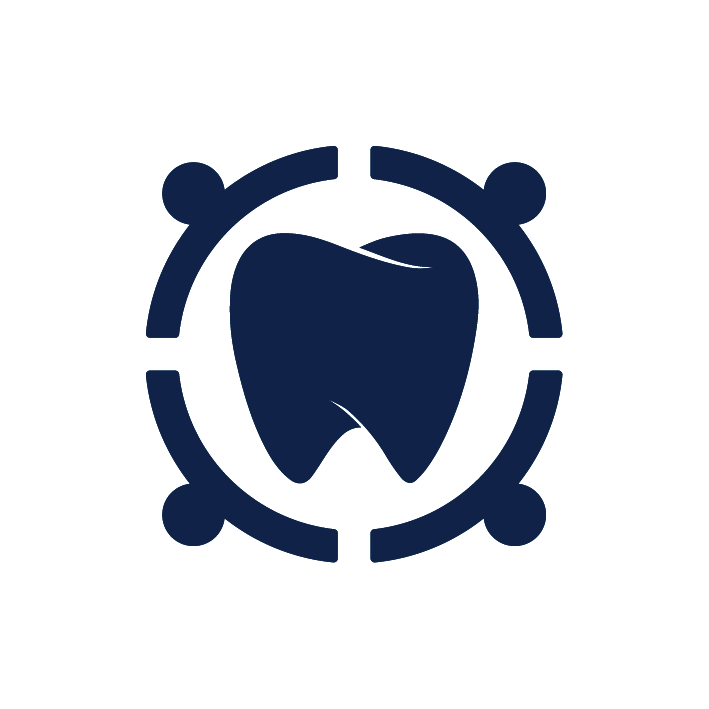
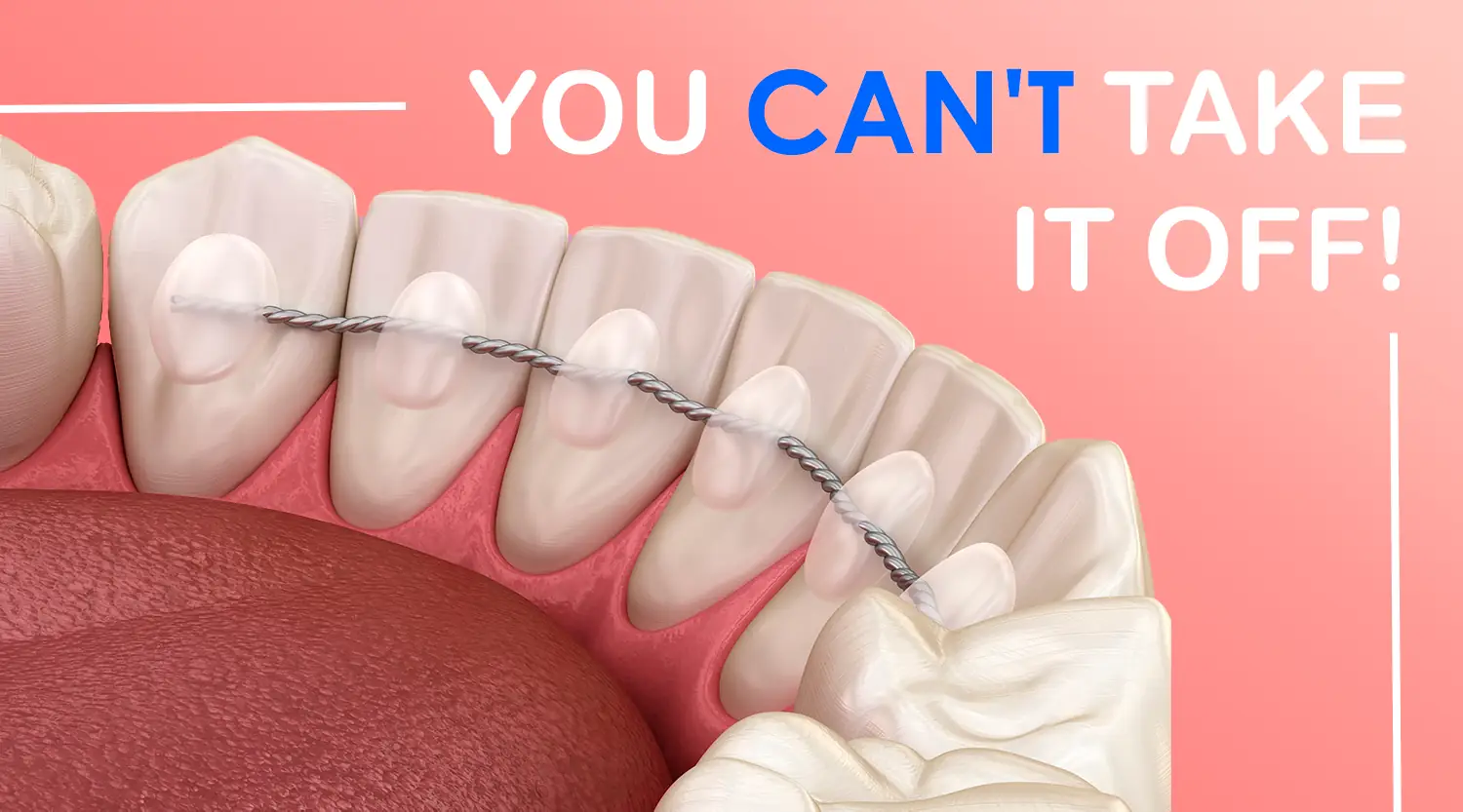


Leave a Reply